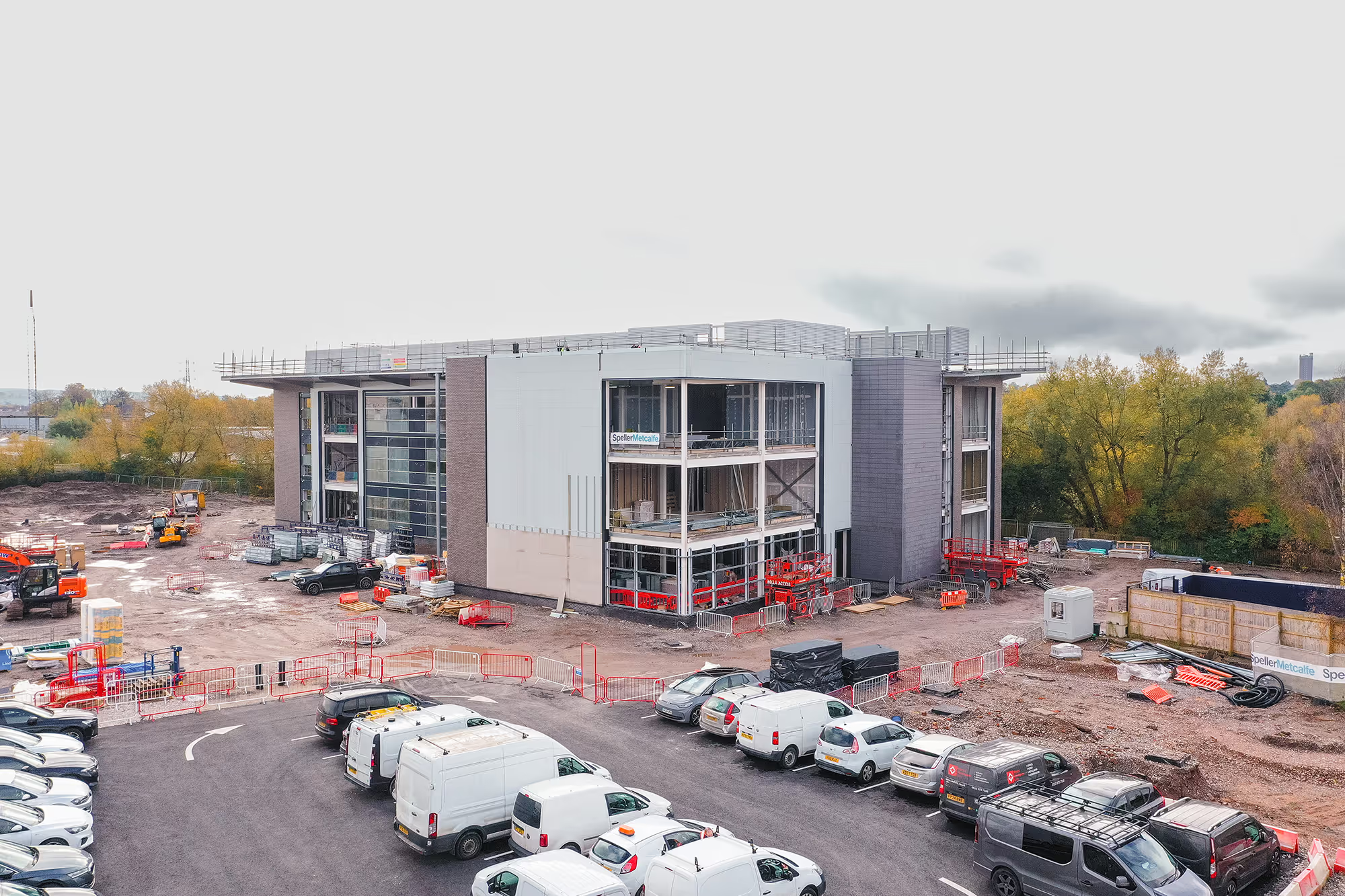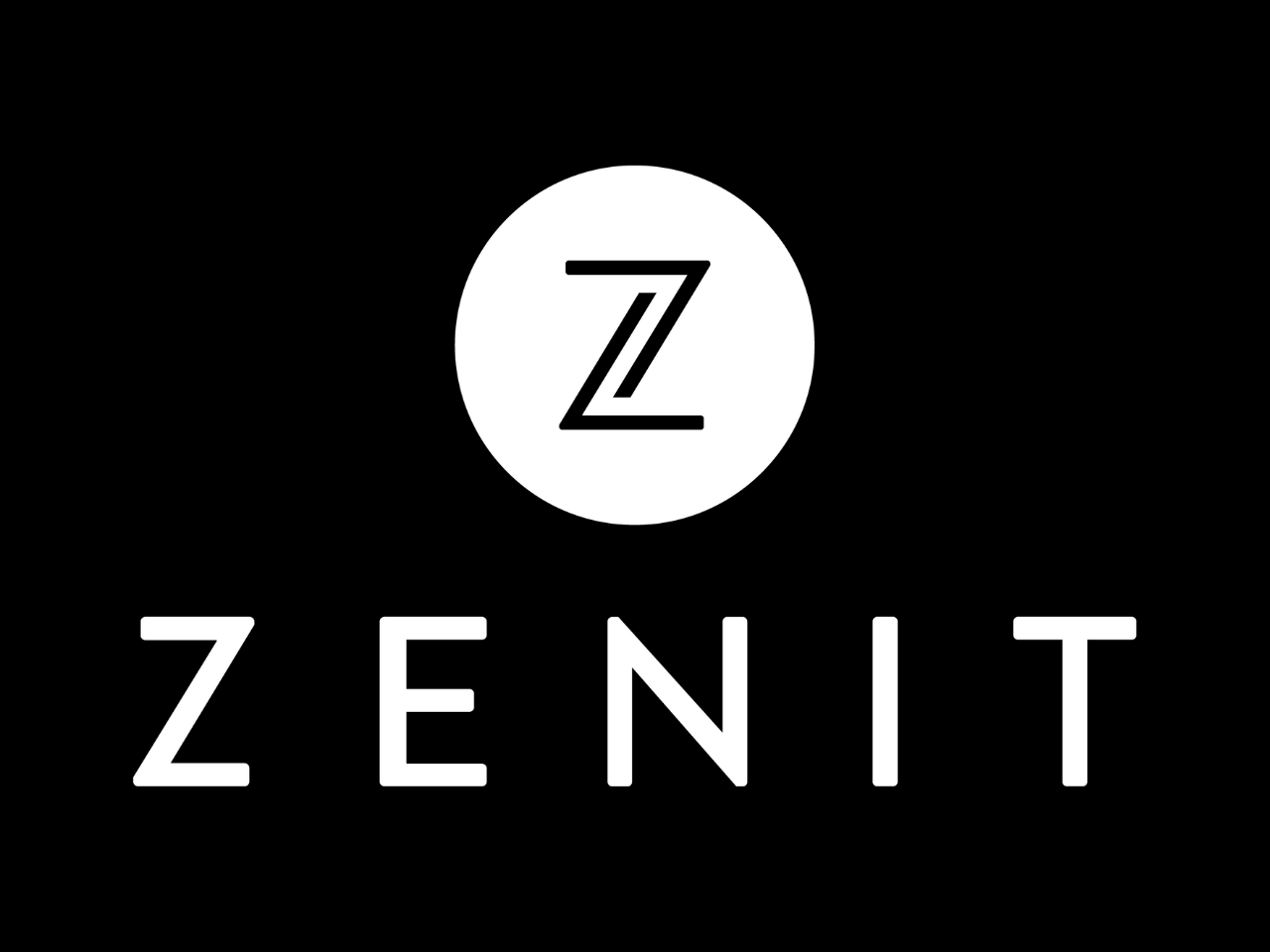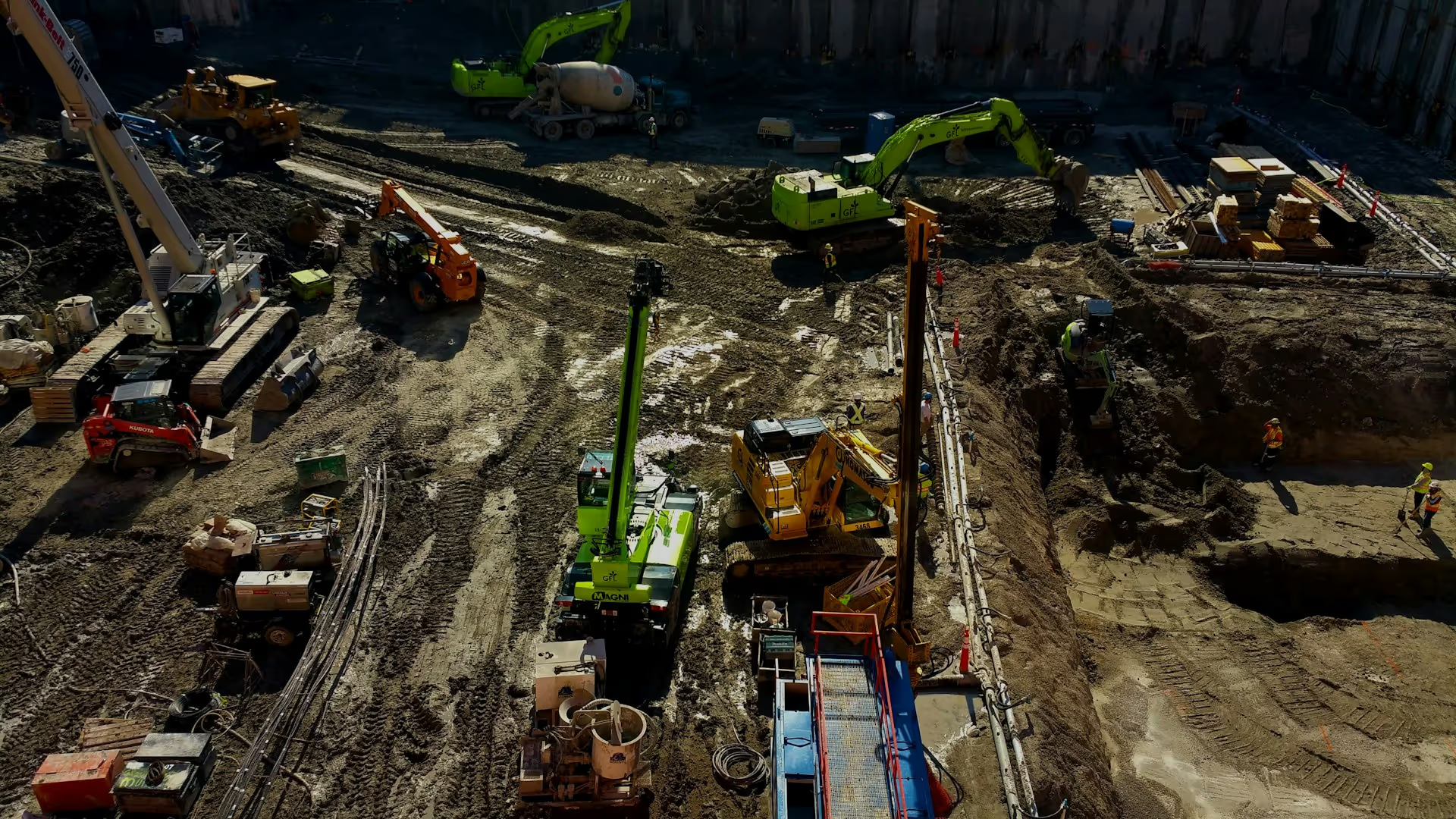Outcomes vs outputs: How does our outcome-focussed approach benefit you?

A key part of our ambition to redefine the standard for utilities infrastructure means focussing on outcomes rather than outputs when delivering a project.
Unfortunately that sounds like the worst sort of unclear business talk – so what does it mean for our clients in real life?
Some definitions to start with:
- Outputs - The direct result of a process, task or activity on the job. Outputs can be directly measured for quality, quantity, cost or other factors. This is your day-to-day tactical approach to a job.
- Outcomes - The long-term effect of processes, tasks or activities on the whole project. An outcome might take a long time to become clear. For this reason, many people don’t measure outcomes. This is the big picture strategic approach.
Looking at outputs isn’t always a bad thing…
Typical positive outputs in the sector focus on reducing cost and time upfront – and they aren’t necessarily a bad thing in isolation. Some examples of these outputs on site could be:
- A QS comes in under budget by sourcing alternative cables.
- Time saved at pre-construction by skipping the standardisation process and not ensuring sub-contractor costs are like-for-like.
- Cost saved by cutting back on solar panel provision, instead relying on grid power
We should strive for perfection and maximum efficiency in every single part of the job, and aiming to achieve positive outputs is part of that. It’s just good sense.
…but they have to be aligned to the overall outcome to have value
Outputs build up to create outcomes, but thinking of them in isolation is a problem. Instead, you need to recognise the key outputs that drive an outcome and then align them from the beginning to achieve that desired project or programme outcome.
If you don’t do this, outputs will be unaligned and you will miss out on whole-picture savings:
- Those alternative cables may be less durable or of a lower quality and need replacing later in the build. A small cost saving at the beginning can lead to a larger cost down the line.
- You might shave a fortnight off your pre-construction schedule by skipping some pre-construction standardisation work, but you can lose that time and more if costs are unaligned and all parties spend weeks or months going back and forth looking for cost clarity down the line.
- Saving money by cutting back on solar panel provision can leave you reliant on grid connections for energisation, leading to huge delays at completion.
Those are just three examples of how focussing solely on outputs can cause a negative disparity between your forecasts and the actual cost of the job – not to mention the quality of the end result.
Prioritising the end goal, not each step independently
Our focus on outcomes means aligning all parties on the end goal at every stage of the process, from the earliest feasibility study to the energisation and operation of the site.
A positive output on an individual task or process isn’t necessarily a bad thing in itself. However, if it’s a tactic that doesn’t serve the overall strategic outcome, then in reality what seems like a positive output is actually a negative one.
Clearly defined outcomes will guarantee a project’s success even if not every output is individually considered to be optimal.
That’s what we aim for on every project: outcome-based delivery that saves you time and money on the project as a whole, not just on some of the individual tasks and processes along the way.
Want to save time and money on your construction project with our outcome-based approach? Contact our team today to learn more!
More insights
Ready to start your next project?
Get in touch to speak with one of our knowledgeable team.


.jpg)

